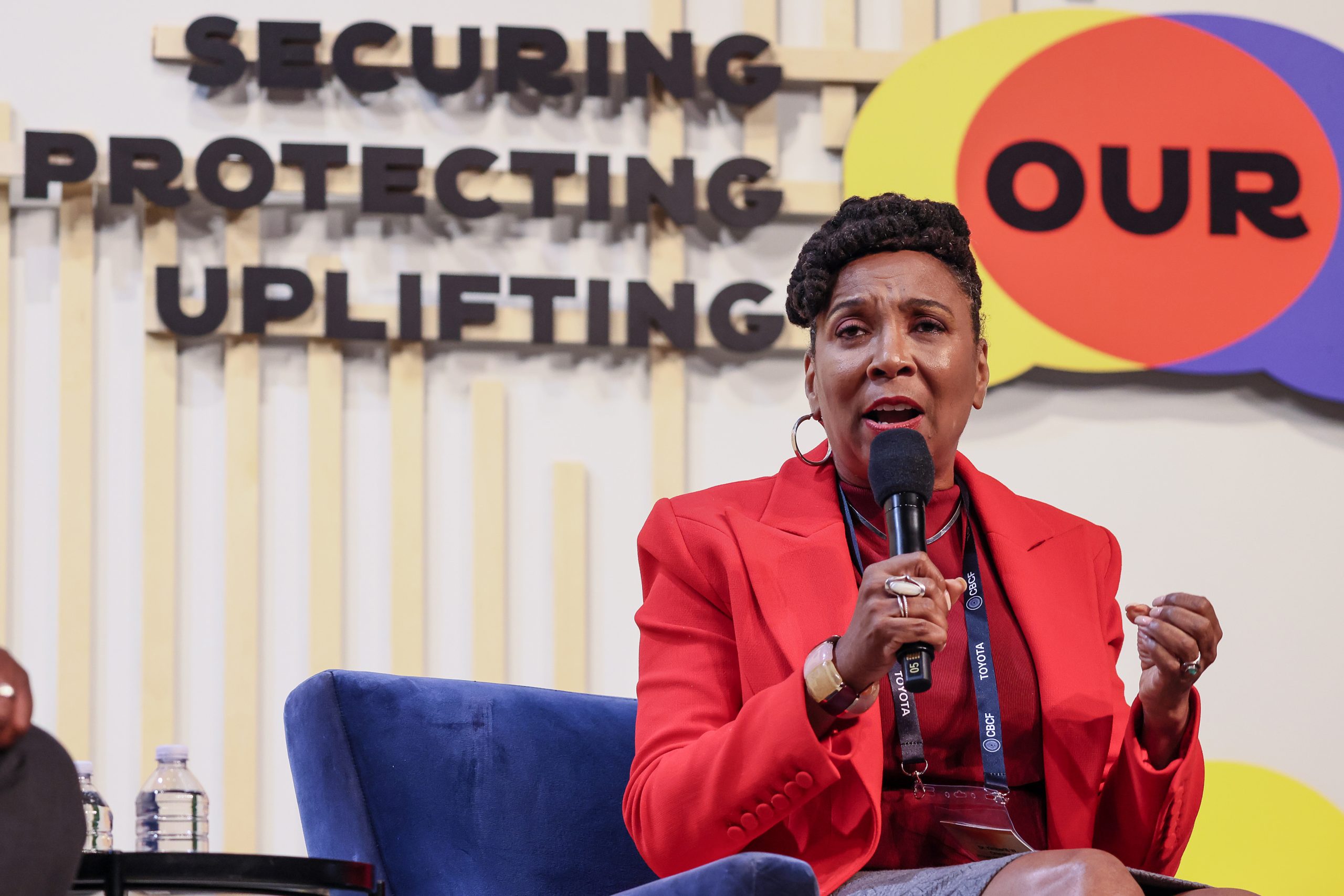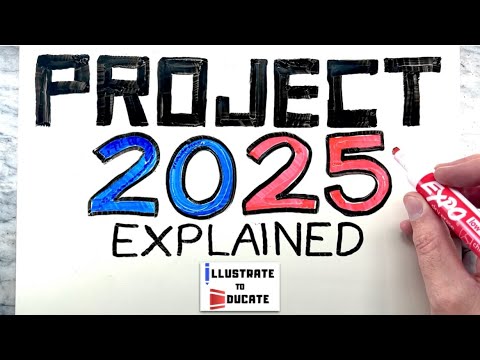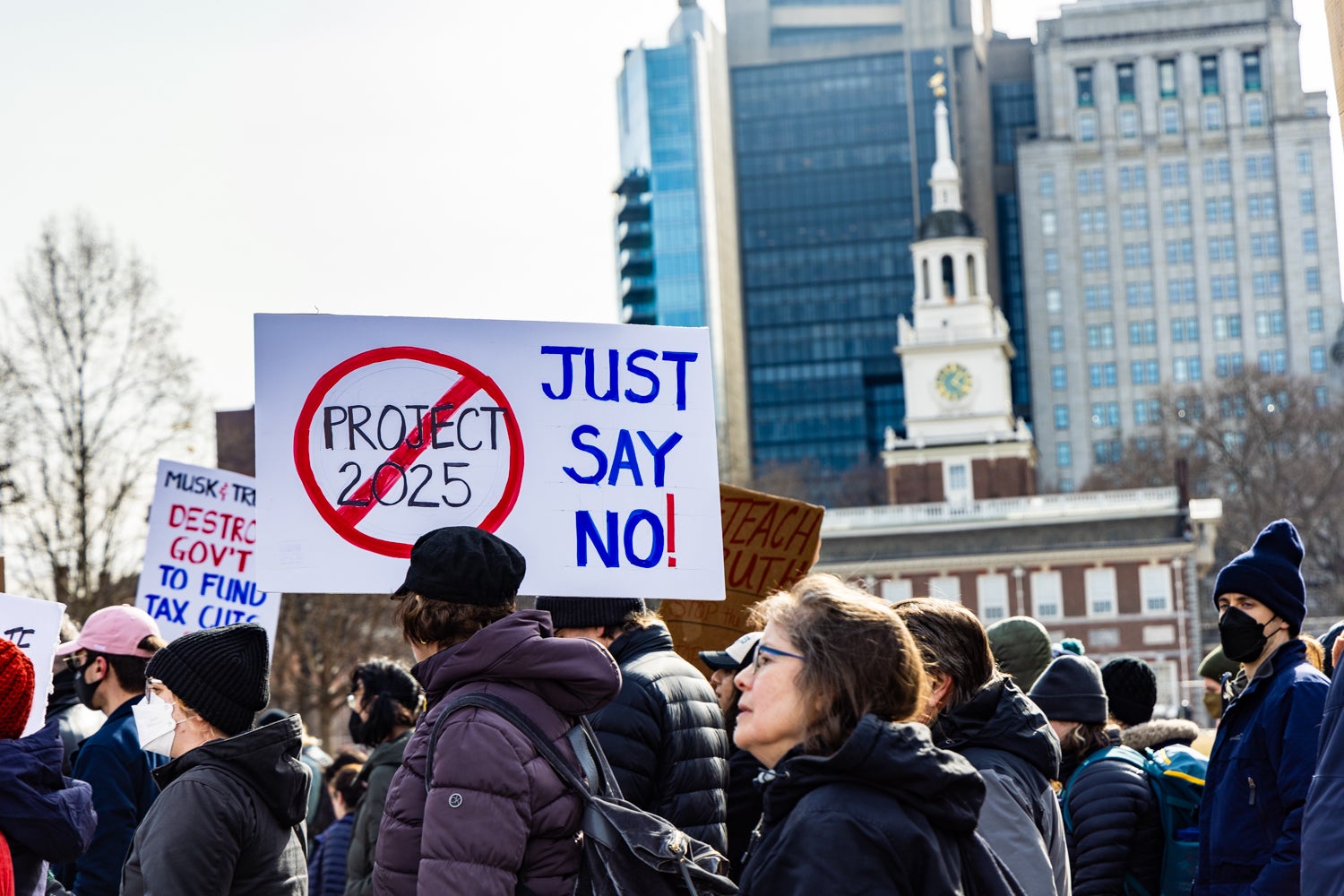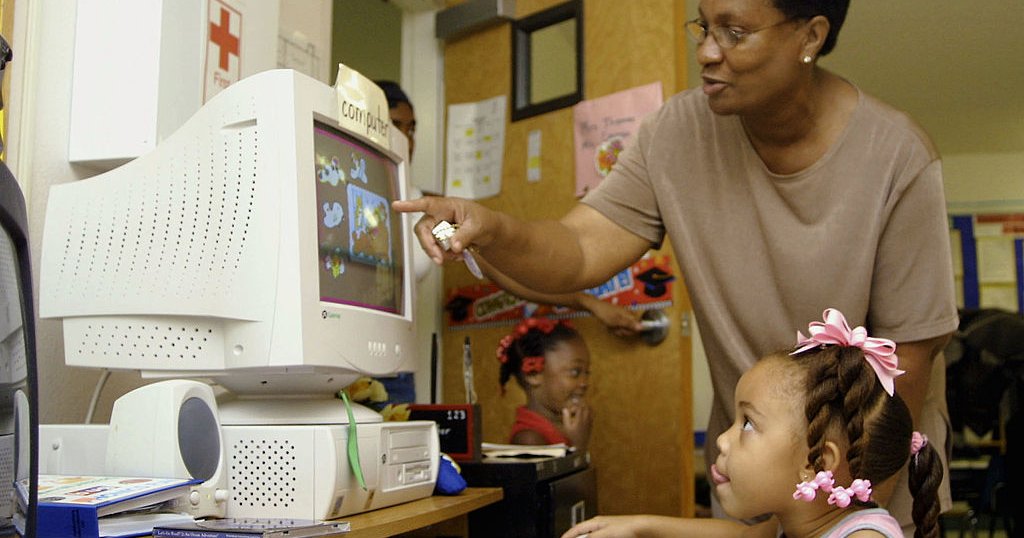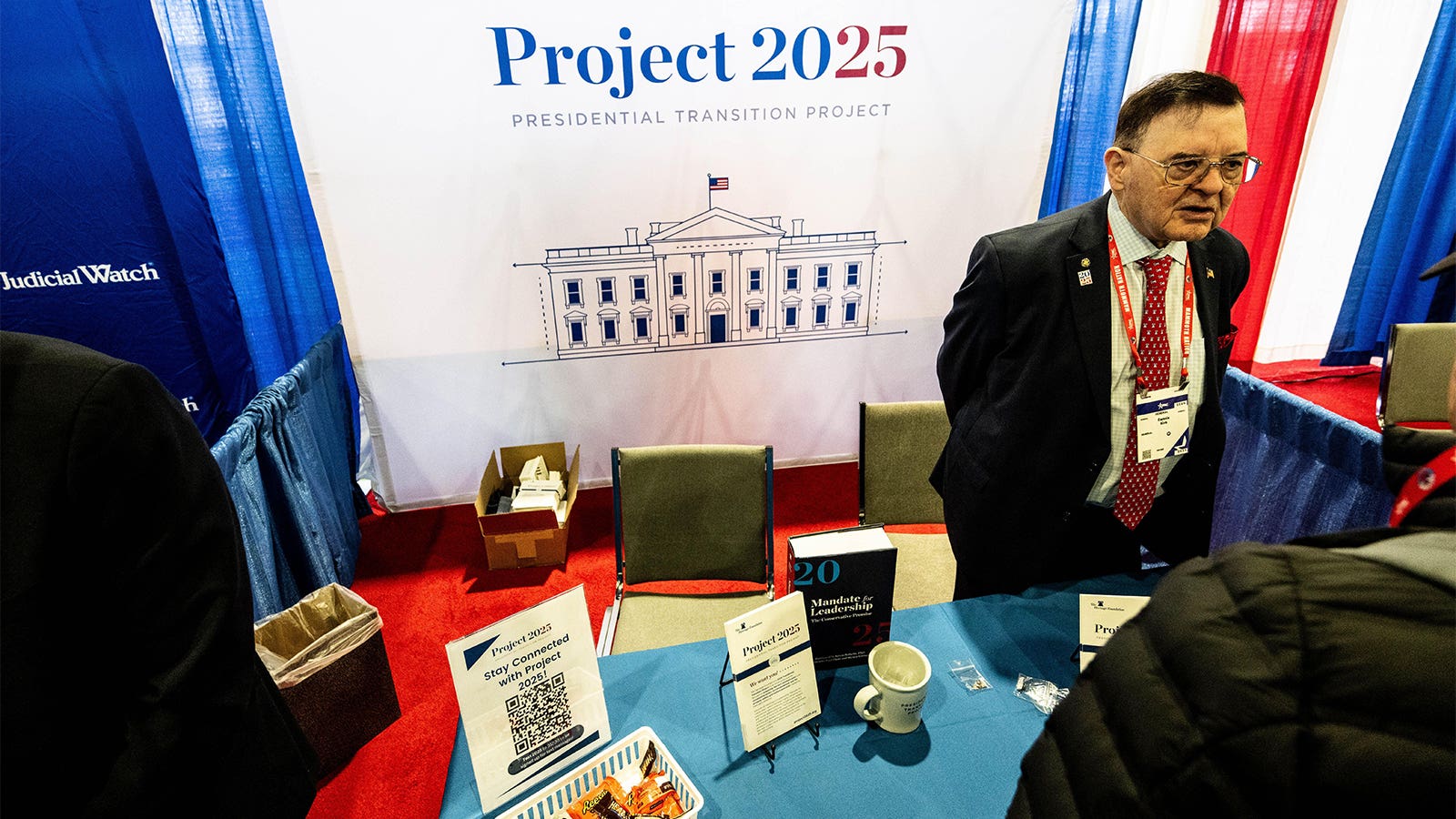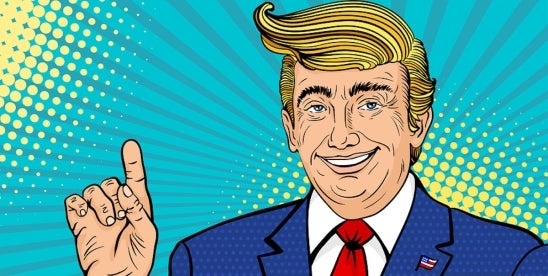Originally by Brandon Tensley at capitalbnews.org
As conservative politicians and judges widen their focus — targeting not just critical race theory but diversity, equity, and inclusion programs — Kimberlé Crenshaw is wrestling with a lot of emotions: frustration, sadness, distress.
But surprise? Hardly. After all, what’s playing out right now happens in any war.
“If you attack an opponent where they don’t have too much defense, then of course you take that and you keep going until you reach your ultimate objective,” said Crenshaw, a pioneering scholar of critical race theory and the co-founder and executive director of the African American Policy Forum, a think tank. “It shouldn’t be a shock that they’re treating this as a battle where they’re trying to gain as much territory as they possibly can.”
A few years ago, the main threats to the country’s social order, per conservative actors, were critical race theory and “woke.” But in the year since the U.S. Supreme Court gutted affirmative action in higher education, they’ve found a new menace: DEI — or, really, any initiative created to confront our long, ongoing history of racial inequality. Already, we can see the consequences of this engineered panic: Duke University has axed a full-ride scholarship for Black students; a federal court has banned an Atlanta-based venture capital firm from continuing a grant contest for Black women business owners. Supposedly, these programs discriminate against white Americans.
Read More: Revisiting Brown v. Board of Education’s Legacy in a New Era of Massive Resistance
“Wherever there’s been a move to authoritarian rule, it’s come through attacks on history, ideas, and the political power of marginalized groups,” Crenshaw explained. “What we’re dealing with now is the fact that we’ve existed in this mythological space of ‘it can’t happen here’ for so long that it’s almost been a race with time for us to acknowledge that it is happening here. Believing that you’re immune to something is often the most predictable way to ensure that you will, in fact, suffer from something.”
Capital B recently spoke with Crenshaw — a law professor at Columbia University and the University of California, Los Angeles — about the ramifications of this assault on the pursuit of racial equality, the conservative agenda known as “Project 2025,” and her disappointment in legacy media for failing to grasp the seriousness of our political moment.
Our conversation has been lightly edited for length and clarity.
Capital B: For years, your work has been a target of the right. But I wonder: Do you see your work being used in ways that energize and excite you?
Kimberlé Crenshaw: I’m excited to see that many people now understand that critical race theory is a prism for understanding how race and various forms of institutional inequality continue to function. And that understanding is driving a greater degree of literacy around the attack [on racial equality efforts].
Critical race theory was something that a lot of people didn’t know the name of when Fox News first started to identify it as a demonized concept. Now that it’s becoming clearer that the attack wasn’t simply on a set of articles or a few ideas but on the entire racial justice apparatus, folks are seeing critical race theory as a lens or a way of decoding what’s actually happening. And that’s been particularly gratifying.
But it’s an uphill struggle. There’s that old adage that goes something like: A lie goes around the world three times before truth puts its boots on. Well, the anti-woke attack on racial justice has gone around the country 10 times before for the constituency that stands to benefit from racial justice, equity, and democracy realizes that we’re collectively under attack.
We’re now in a catch-up game, one in which I think that the initial instincts of some of our allies to run is shown to be counterproductive. They were trying to run or trying to say: Well, we’re not woke. Or: We’re not critical race theory. That’s not really going to protect equity because what they’re after is equity, not the lenses or the specific ways of capturing inequity. They’re after efforts to address inequity. And that you can’t outrun. You have to turn around and fight it.
What are your concerns about Project 2025?
Much of what’s in Project 2025 has already been rolled out as an attack on and a justification for undermining social justice and equity-based policies. You can start with the executive order that [former President Donald] Trump signed around the time he said to the Proud Boys to stand by. That policy, that executive order, includes most of some of the basic assumptions for Project 2025 — the idea that equity constitutes reverse discrimination, the idea that diversity training and various other tools are un-American, the idea that equity is a zero-sum game, the idea that these are federal elites imposing their will on hapless Americans.
These are all ideas that were deeply ingrained in that executive order. President Joe Biden’s act rescinding that order only got us back to square one, but there wasn’t much appetite beyond that to ring the alarm — to say that this underlying ideology is antidemocratic and that we’ve seen it before. We’ve seen how racial justice commitments at the government level were dismantled by the faction that has never been for equality, and has always used efforts to create illiteracy and disempowerment as a tool to advance their vision of what America should look like.
The handwriting was on the wall, but there was relative discomfort in talking about our racial history, and reporters and the media downplayed the extent to which the entire framework of a stolen election had deep racial undertones. All that made for an open season for these ideas to then take root in state legislatures across the country.
This is a monumental retrenchment that students of history would expect. We could see this coming after 2020, and we could see that it was probably going to be well organized. What we couldn’t see was the media’s contribution to it by simply echoing some of the claims rather than doing real critical reporting, and other centrist allies not really seeing this for the true threat to democracy that it is.
The assault on efforts to confront racial inequality has had major ramifications for people’s lives. There’s the legal battle that the Fearless Fund — a first-of-its-kind venture capital firm “built by women of color, for women of color” — is trapped in, for instance. What do you make of that?
The Fearless Fund is a site that reflects how deeply vulnerable our equity programs are, partly because we haven’t fully defended the intersectional challenges Black women face. It’s not just the Fearless Fund that reveals that. If we look at the Black women in DEI spaces who’ve been attacked, they’re another example of targets perceived as not well defended.
And so, tremendous advances can be made against this infrastructure and DEI by going after some of these targets. I think that the Fearless Fund is particularly troubling, because this is the moment where a law created during the first Reconstruction to more fully integrate freed slaves into the economy is now being gentrified and weaponized to make it impossible for Black communities to use their expertise and resources to lift up those who are still locked out.
The numbers are extraordinary. Black women receive less than 1% of venture capital dollars, so you have other Black women trying to address that in a minuscule way. And that’s becoming a target of discrimination rather than the condition they’re trying to address. If that becomes the model — the standard — then we’ve successfully witnessed the turning upside down of all efforts to create equity and inclusion.
Those who need equity and inclusion practices the most are the least likely to be able to benefit from them. That’s perhaps the most dramatic expression of what we have typically called the end of Reconstruction. It’s what happened in the 19th century, and now it’s happening in the 21st century.
How do you feel about media coverage of our current political environment?
This is where I’m most distressed by the deterioration of what we look to the media to do. The whole idea behind the media — and the First Amendment’s embrace of the idea of what freedom is supposed to bring us as it relates to democracy — is scrutiny. It’s the ability to get to the truth. It’s not supposed to function like the Super Bowl. Democracy shouldn’t be subjected to calling first downs and adding color commentary, but unfortunately, that’s what the game has become. That’s what reporting has become.
As a consequence, we can’t look to traditional media institutions to help us understand what’s at stake. And when the media fail to function, we’re reduced to: Well, this is the first president to be convicted of a felony. Will it make a difference or not to voters? It should be: What does it mean when someone seeking the highest office actually is now a felon? And: What does it mean when the entire history of the Civil Rights Movement is being turned into a political football by those who claim that parents’ rights trump real education?
We have a group of people who not only say what they’re going to do but count on mainstream media to cover what they do by just picking it up without scrutiny. When the media aren’t doing what they’re supposed to, they’re not protecting our democracy.
So, it can’t be a surprise that we’re in a moment where all the assumptions about where the guardrails are when it comes to our democracy have evaporated. We’re easily in a place where we’re driving off a cliff because there are no guardrails right now. But that’s not what people are being told.
Read the Original Story
